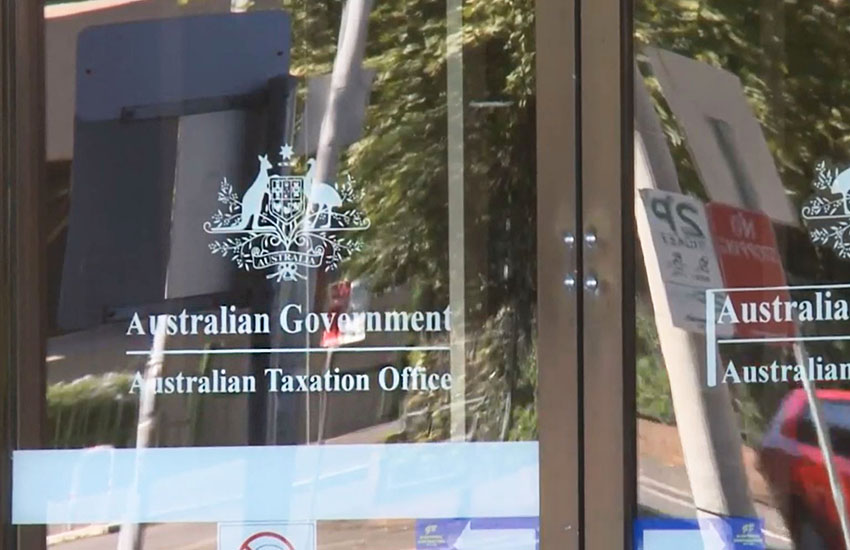The passage of Treasury Laws Amendment (Combating Illegal Phoenixing) Bill 2019 early last year now allows the Tax Commissioner to retain a refund where a taxpayer has an outstanding notification that is required under a taxation law, building on a previous discretion that was previously limited to outstanding notifications under the business activity statement (BAS) and petroleum resource rent tax (PRRT) provisions.
The measure is intended to target illegal phoenix activity where taxpayers hold off on lodging tax returns that result in a tax liability, but lodge a BAS to obtain a credit they would otherwise not be entitled to, before stripping assets from the company and otherwise frustrate the collection of the liability.
You’re out of free articles for this month
The ATO has now published Law Administration Practice Statement PS LA 2021/2, setting out its administrative approach to the extension of the commissioner’s discretion to retain tax refunds.
The commissioners notes that he will only consider applying this discretion to taxpayers identified as engaging in high-risk behaviour, including cyclically establishing, abandoning or deregistering companies to avoid paying taxes, creditor or employee entitlements, or a director associated with prior instances of insolvency, liquidations or deregistrations.
Poor past and current compliance with taxation and superannuation obligations, and having received a director penalty notice or tax-related penalty, will also form indicators of high-risk behaviours for the ATO.
Although not required by law, the PS LA notes that ATO officers will be expected to send written communication to the taxpayer detailing the amount retained, the reasons why, which notifications it considers to be outstanding, and how the taxpayer can prevent refunds from being retained in the future.
Refunds can be retained until the outstanding notifications are lodged or an assessment of the amount it made. Taxpayers will be allowed to apply for an external review of the ATO’s discretion.
The measure complements the extension of the director penalty regime to goods and services tax (GST), luxury car tax (LCT) and wine equalisation tax (WET) liabilities.
This will enable the commissioner to collect estimates of anticipated GST liabilities where there are reasonable grounds to believe that the taxpayer, or related entities, are involved in phoenix behaviour or have dissipated assets with the intention to defeat creditors.
Jotham Lian
AUTHOR
Jotham Lian is the editor of Accountants Daily, the leading source of breaking news, analysis and insight for Australian accounting professionals.
Before joining the team in 2017, Jotham wrote for a range of national mastheads including the Sydney Morning Herald, and Channel NewsAsia.
You can email Jotham at: This email address is being protected from spambots. You need JavaScript enabled to view it.

 Login
Login







